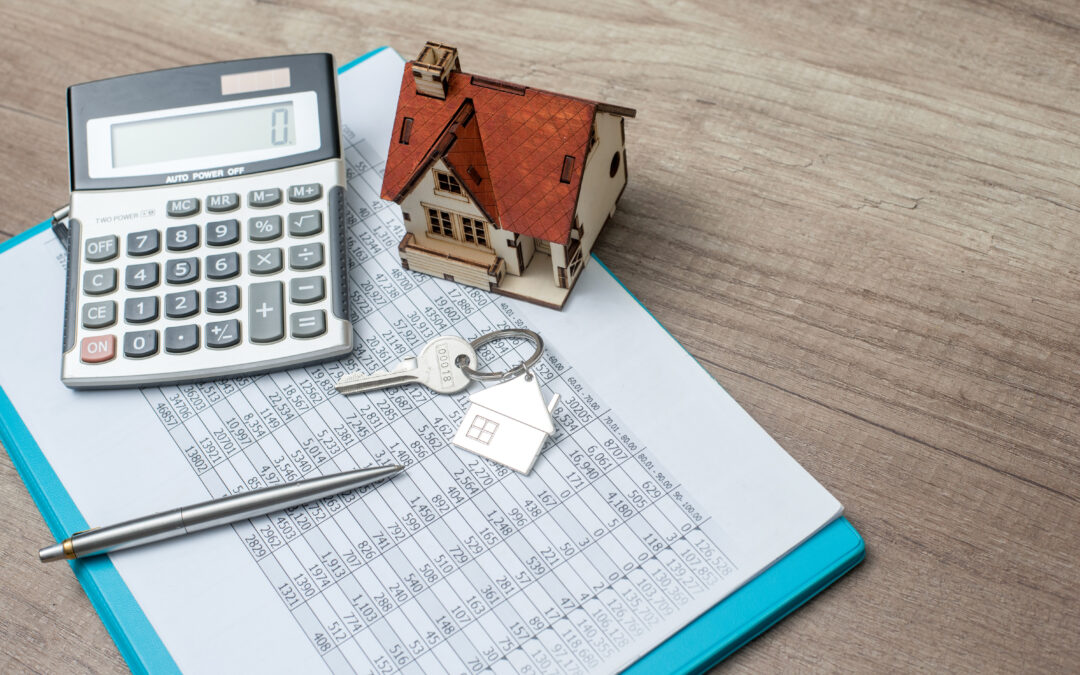Much like local, state, and federal governments collect taxes to fund public services and programs, assessments are part of living in a community association. Homeowners have a responsibility to pay their assessments on time. Unfortunately, some owners refuse to pay or can’t pay assessments. What does that mean for the community? And how should board members respond?
Community association assessments help maintain roofs, sidewalks, streets, and landscaping. They also pay for popular amenities such as a community pool, playgrounds, fitness centers, and activities. Most associations collect assessments monthly, although some collect them quarterly and others in an annual lump sum.
Associations count on all owners to pay on time and, when necessary, rely on strict collection processes that comply with the requirements of governing documents, statutes, and the Fair Debt Collection Practices Act.
Owners who don’t pay on time are cheating their neighbors and the community they live in. The financial position of a community has a direct effect on every member, particularly if it forces amenities to be curtailed. Late payments can cause cash flow problems for communities with a tight budget and, over time, can lead to diminished property values.
Community association boards need to have a collections policy that outlines what happens when an owner becomes delinquent. These policies should comply with applicable laws and governing documents and have reasonable timeframes with flexibility, says Richard A. Sussmann, CMCA, AMS, PCAM, community manager with Property Management People Inc., in Kearneysville, W.Va.
“Each case is unique, and boards of directors should be flexible when it comes to payment plans to encourage and work with delinquent owners whenever possible,” Sussmann says. A 100% collection rate is not a realistic expectation, he says, but it pays to do the best you can under the circumstances, and never assume anything.
“You never know what is going on in the lives of delinquent owners,” Sussmann says. “The most successful collection efforts involve creativity and patience.”
Owners become delinquent for many reasons. They might have fallen on hard times after losing their jobs, be facing significant medical bills, or have financial difficulties for other reasons. The unit may be a rental and the owner hasn’t provided an off-site mailing address, so they may not even be aware of the delinquency.
Some unwittingly become delinquent after a new management company takes over because they haven’t transferred their automatic payments to the new company.
“A lot of people don’t check their auto pay to make sure that it’s still coming out, so they think they’re good,” says Chantelle Neumann, lead attorney with Hirzel Law’s collections department in Farmington, Mich.
Delinquencies also can arise when an owner passes away or can’t pay the mortgage and abandons the property, sometimes without notice. And some repeat offenders simply aren’t diligent about paying bills.
“I’ve heard of people saying they don’t care about late charges; they’re only going to pay their assessments three months at a time and, instead of paying ahead, they pay behind,” says Neumann, who presented a CAI webinar in January on the topic.
Other offenders include angry owners who threaten to “defund the HOA,” balking at paying assessments because they disagree with bylaw violations.
Owners should always have the right to review the financial documents of the association and should ask the board where their money is going. Withholding a payment hurts the community and, ultimately, the owner withholding it.
Owners who have legitimate reasons for late assessment payments should contact the board or community manager to discuss financial obligations and alternative payment arrangements.
This is the first in a series of blogs on collecting assessments in community associations. Look for more on assessments in the weeks ahead.
>>Read “Insert Payment Here” from CAI’s Common Ground magazine for an overview of assessment collection policies and strategies.
HOA Assessment Levels
Half of respondents (51%) feel that they are paying “just the right amount” or “too little” in community association assessments, according to the 2022 Homeowners Satisfaction Survey. Conducted by the Foundation for Community Association Research for Community Associations Institute (CAI), the biennial, nationwide survey administered by independent researcher Zogby Analytics provides a better understanding of how 74 million Americans describe their experience living in common interest communities.


